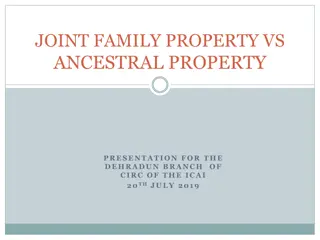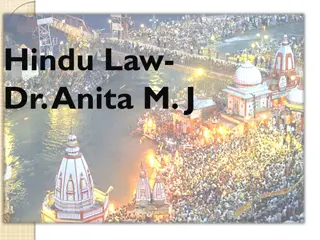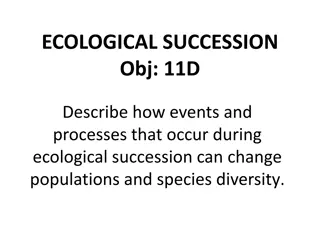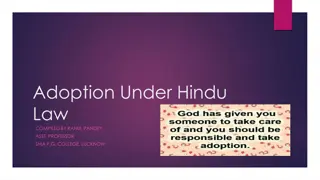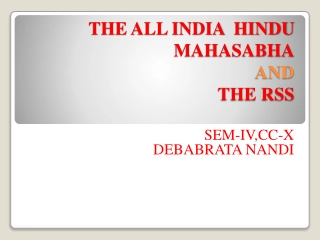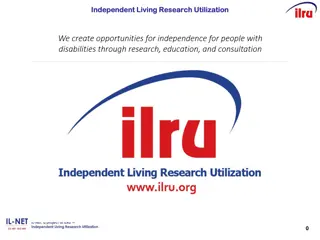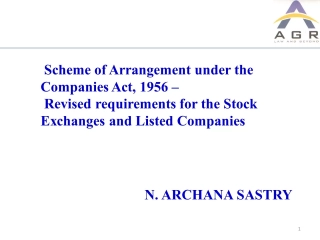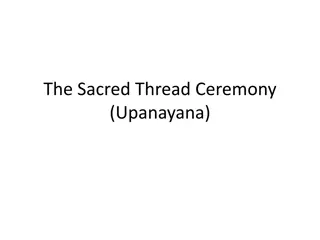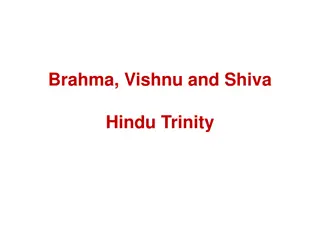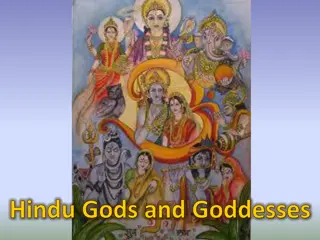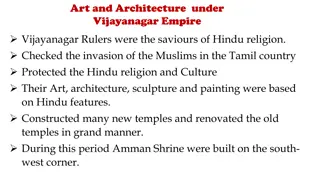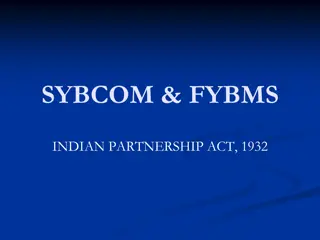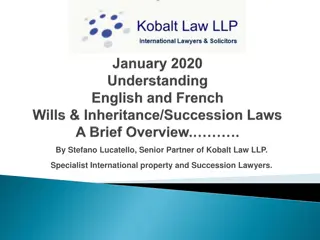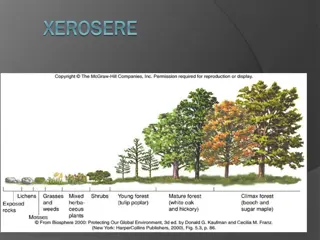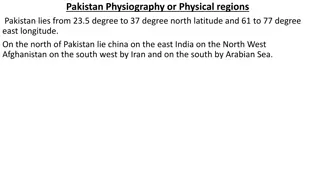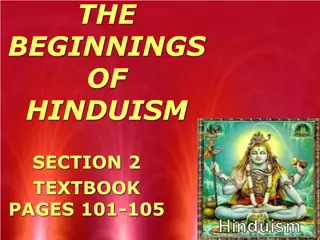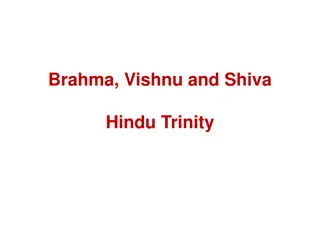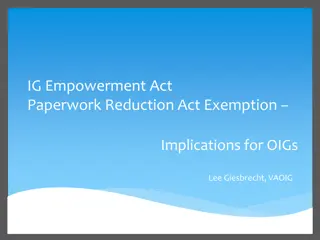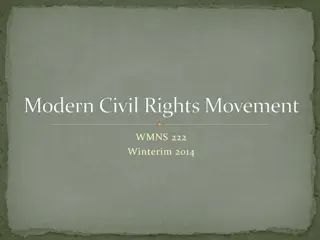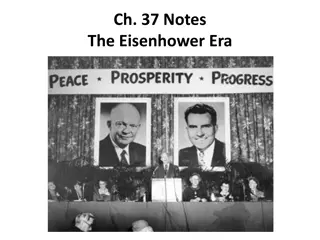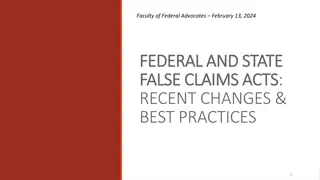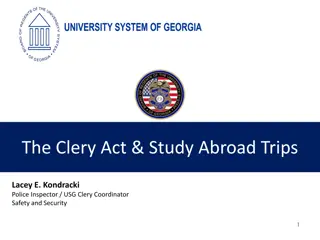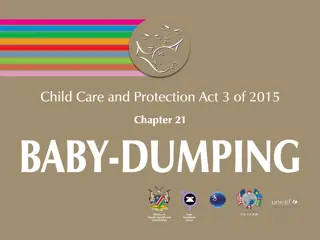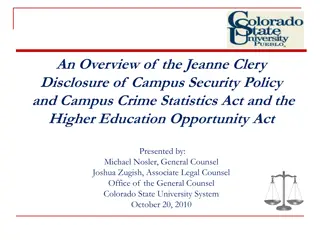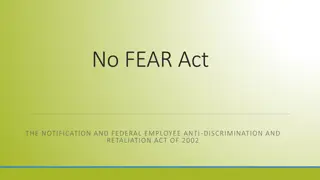Understanding the Hindu Succession Act of 1956
The Hindu Succession Act of 1956 establishes a comprehensive system of laws governing the succession and inheritance of property for Hindus, Buddhists, Sikhs, and Jains in India. It covers both intestate and testamentary succession, outlining rules for agnates, cognates, heirs, and different types of blood relations. The Act applies to individuals not governed by Muslim, Christian, Parsi, or Jewish laws, except where specified otherwise. It distinguishes between types of successions, such as intestate and testamentary, and details the distribution of property in cases of intestacy.
- Hindu Succession Act
- Inheritance Law
- Intestate Succession
- Testamentary Succession
- Property Distribution
Download Presentation

Please find below an Image/Link to download the presentation.
The content on the website is provided AS IS for your information and personal use only. It may not be sold, licensed, or shared on other websites without obtaining consent from the author. Download presentation by click this link. If you encounter any issues during the download, it is possible that the publisher has removed the file from their server.
E N D
Presentation Transcript
The Hindu Succession Act, 1956 is an enactment which lays down a comprehensive and uniform system of law relating to the succession and inheritance of property. The act deals with intestate succession. The Act combines all the aspects of Hindu succession and brings them into its ambit. and testamentary
The Act applies to a Hindu, Buddhist, Sikh or Jain by religion. Who is not a Muslim, Christian, Parsi, Jew, unless it is proved that such person would not be governed by Hindu law or custom. ThisAct extends to the whole of India. This Section shall not apply to any Scheduled Tribes (Art. 366 of Indian Constitution) unless otherwise directed by the Central Government by a notification in the Official Gazette.
Agnate- A person is said to be an agnate of another if the two are related by blood or adoption wholly through males. Cognate- A person to be a cognate of another if such a person is related to the other by blood or through adoption but not wholly through males. Heir- Heir is any male or female person, who is entitled to receive the property of the intestate. Intestate- A person who dies without leaving behind a will is referred to as intestate.
Full Blood- Two persons descended from common ancestor by the same wife (same father and mother) Half blood- Two persons descended from common ancestor but by the different wives. ( same father different mothers) Uterine blood- Two persons are descended from common ancestress but by the different husbands. (same mother different fathers)
TYPES OF SUCCESSION Intestate Testamentary Succession Succession
Succession of the property when is governed by a testament or a will, then it is referred as testamentary succession. Hindu male as well as female has a right to make a will for his or her property. That will shall came into force only after the death of person making it. The will must be valid. Only the last valid will of person shall be enforceable. The property must be distributed as per the prescribe in the will.
When a Hindu dies without making will that person in known as intestate. In absence of will his or her property shall be distributed as per the law of inheritance and that is called intestate succession. Section 8- 14 of Hindu Succession Act, 1956 deals with the distribution of property of a Intestate Hindu male.
The property of a hindu male died intestate shall be distributed among: CLASS I HEIRS CLASS II HEIRS III. AGNATES IV. COGNATES The order of distribution is firstly the property shall be distributed among the relatives enumerated in class I heirs. I. II.
In absence of relatives of class I heirs than it will be distributed to the relatives enumerated in class II heirs. The class II heirs are divided into 9 entries. Therefore entry one will be preferred over entry 2 and entry 2 shall be preferred over entry 3 and so on. At last if no one is there till entry 8 than will entry 9 will be entitled to property. In case no relatives alive who were enumerated as Class II heirs than the property shall divide among the agnates. If no agnates are alive than cognates. In case if there in no cognate than the property will be taken by the Government by way escheat.


